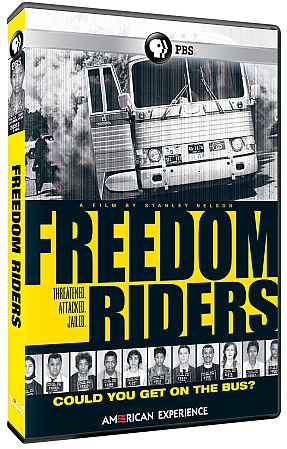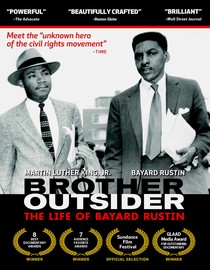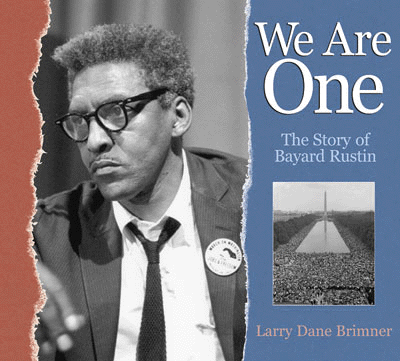 Freedom Riders is the powerful, harrowing, and ultimately inspirational story of six months in 1961. From May until November 1961, more than 400 black and white Americans risked their lives — and many endured savage beatings and imprisonment — for simply traveling together on buses and trains as they journeyed through the South. Deliberately violating Jim Crow laws, the Freedom Riders met with bitter racism and mob violence along the way, sorely testing their belief in nonviolent activism.
Freedom Riders is the powerful, harrowing, and ultimately inspirational story of six months in 1961. From May until November 1961, more than 400 black and white Americans risked their lives — and many endured savage beatings and imprisonment — for simply traveling together on buses and trains as they journeyed through the South. Deliberately violating Jim Crow laws, the Freedom Riders met with bitter racism and mob violence along the way, sorely testing their belief in nonviolent activism.
From award-winning filmmaker Stanley Nelson, Freedom Riders features testimony from a cast of central characters: the Riders themselves, state and federal government officials, and journalists who witnessed the Rides firsthand. The two-hour documentary is based on Raymond Arsenault’s book Freedom Riders: 1961 and the Struggle for Racial Justice. [Publisher’s description.]
I love using “Freedom Riders” because it powerfully demonstrates to students the personal risk that everyday individuals took on to be a part of this action. Students can easily see themselves in John Lewis, Diane Nash, and Jim Zwerg, who put their bodies, education, and futures on the line to confront Jim Crow.
In my classroom, this film sparks debate about civil disobedience as a tactic, the power of music as resistance, everyday people as agents of social change, and more! Plus, it’s absolutely riveting — students hang on every word of the narration and the archival footage interspersed with contemporary interviews.
Highly recommend for any high school social studies classroom! — Tracey Barrett, high school teacher, Durham, North Carolina
Produced by PBS American Experience.









Twitter
Google plus
LinkedIn